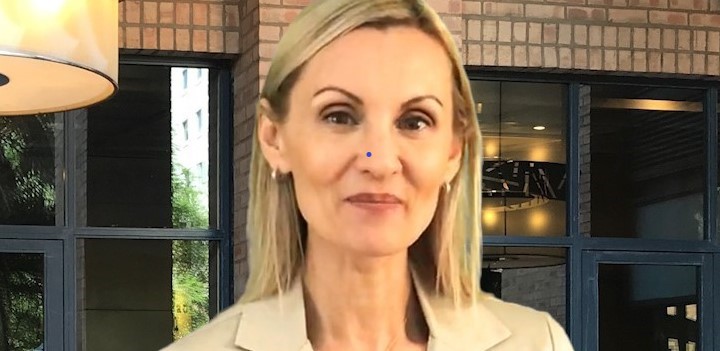Employers, here are three things to remember when letting people go

With retrenchment becoming a more frequent occurrence because of COVID-19, employers and employees need support to get through this time. A clinical psychologist shares advice for employers on how to manage the difficult task of letting someone go.
Dr Colinda Linde is a clinical psychologist and board member of the South African Depression and Anxiety Group (SADAG). She’s previously spoken to Discovery about how to cope with the loss of a longer lockdown, and in this podcast, she addresses another sensitive but important topic – letting people go from their jobs.
Listen to the podcast:
Work in the time of COVID-19
In the podcast, Dr Linde talks about how COVID-19 is affecting working professionals – employers and employees alike. “This unprecedented time has come on us quickly and it threatens the survival of organisations,” she says.
“For the employers and for the employees: you’ve already been asked to adapt. Lots of people have had no salary or reduced salary, reduced hours or been paid for only working a half day, but ended up doing more work. You’ve tried everything and now you’ve come to the dreaded point where you, the employer, have to tell somebody that you have to let them go.”
Dr Linde says employers and employees need practical and emotional support to get through this time. “People being told to leave are already anxious, overwhelmed and fearful of the future for themselves and their families – and so are the employers,” she says.
Three things to remember when letting people go
Dr Linde shares three insights that employers, the leaders in the situation, will need to keep in mind if they have to let someone go.
“First of all, ask yourself: What if this were me? How would I feel? And what would I need to know?”
“Second, don’t rush. Wait. Take a few days if you need to. Think it through really carefully. Talk to others who are in the same boat. And when you communicate, communicate clearly and truthfully about the situation,” she says. “I often feel that we tend to try and soften it and come up with all sorts of other things where if we were just clear, transparent, and truthful that certainly goes a long way.”
“And third, give each person the time to understand and process the decision in their own way. Some people are going to need a couple of days. Some people will need to talk it through again and again, and ask the same questions. Some of them will be angry, they might be a bit rude, and they might say things they regret later.”
How to support your employees during difficult times
Dr Linde gives advice on how to help the people you’ve let go and the people that are left behind to adjust to the new situation.
“If you have an employee assistance programme, please use that to help the person and the organisation with the transition,” she says. “Remember, the people who stay will have survivor’s guilt and so they’re going to need support as well. And if you’re really small and don’t have an employee assistance programme, there are wonderful resources on the Discovery website, there are resources with SADAG and there are many other resources available for free at the moment.”
“If the person (you’ve let go) has medical aid, there are means for them to seek help therapeutically and through their GPs if you’re worried about them in terms of depression or anxiety,” she adds. “And please remember that people who are treated in a kind, thoughtful and honestly engaged manner are more likely to weather the storm. Let them leave feeling respected, appreciated, and supported by the organisation they used to be part of.”
Employers, remember you are human, too
Dr Linde urges employers to practise self care and seek help if they need it. “I keep saying that employees are human and they need to be supported but please remember, so are you,” she says.
“Just because you’re the leader and the one who’s letting people go, doesn’t mean that you’re any less human than anybody else,” she concludes. “At this time, we all need support. The employers, the employees, the people who stay, the people you’ve had to let go, everybody needs support – so please, reach out.”
For more advice on how to cope with COVID-19, listen to Dr Linde’s podcast. You can also listen to more of our COVID-19 podcasts and visit the Discovery COVID-19 information hub for more insight on how to manage your life in the context of COVID-19.


